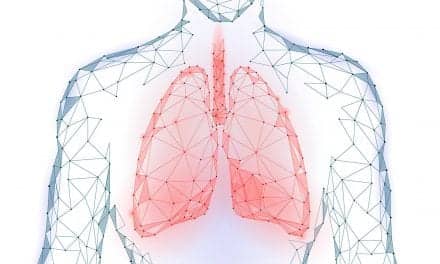A team of scientists says there is an urgent need for research into all aspects of follow-up care for patients with lung cancer. After searching the published literature and databases, the researchers analyzed four studies and could not determine that one method was preferred over another. Their findings appear in the International Association for the Study of Lung Cancer’s (IASLC) Journal of Thoracic Oncology.
"Thus it is clear that more prospective research is needed in this area, ideally in the form of well-designed randomized controlled trials comparing different follow up strategies in patients who have received treatment for lung cancer," the study says.
What researchers were able to conclude is that, "regular follow-up results in fewer crisis driven health related episodes." They also note that in a previous study evidence showed that, "follow-up led by specialty clinical nurses is associated with high levels of patient satisfaction and acceptability and with comparable levels of quality of life, median survival, and time to progression."
The authors of the study explain that the reason this research is so needed is because patients who have developed a primary lung cancer are at increased risk of developing a second primary lung cancer because they have a field effect of exposure to their lungs and may have some genetic susceptibility as well. Furthermore, they say, patients who have had lung cancer and have had treatment for cure and no evidence of residual disease, have a significant risk of local recurrence and metastatic disease that can take months to years to manifest. While surveillance after therapy for cure makes a lot of intuitive sense and there are data to support it, balancing the radiation exposure of repeated CT scans and the relative costs versus benefit is the real issue.
In the absence of firm evidence, the authors recommend the advice from the guidelines in the National Institute for Health and Clinical Excellence:
- Offer all patients an initial specialist follow-up appointment within 6 weeks of completing treatment to discuss ongoing care, and regular appointments thereafter rather than relying on patients requesting appointments when they experience symptoms.
- Offer protocol-driven follow up led by a lung cancer clinical nurse specialist as an option for patients with a life expectancy of more than 3 months.
- Ensure that patients know how to contact the lung cancer clinical nurse specialist involved in their care between their scheduled hospital visits.
Source: International Association for the Study of Lung Cancer








